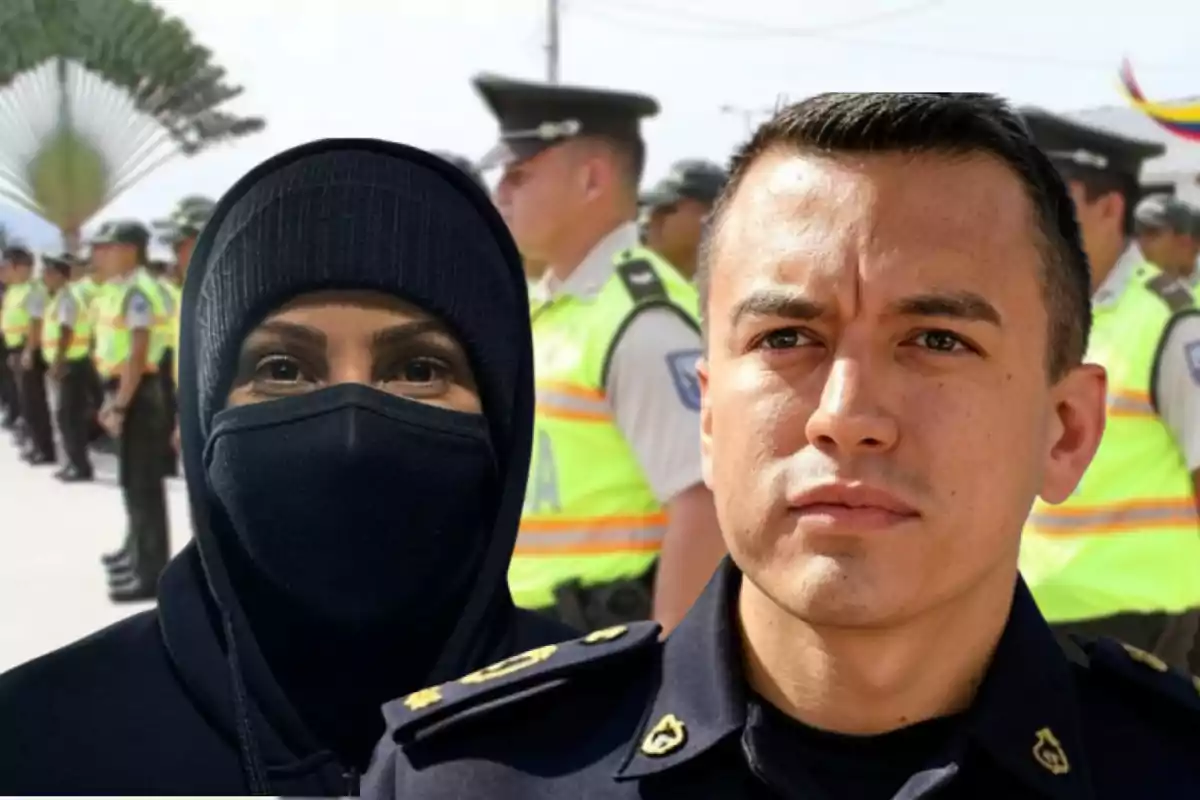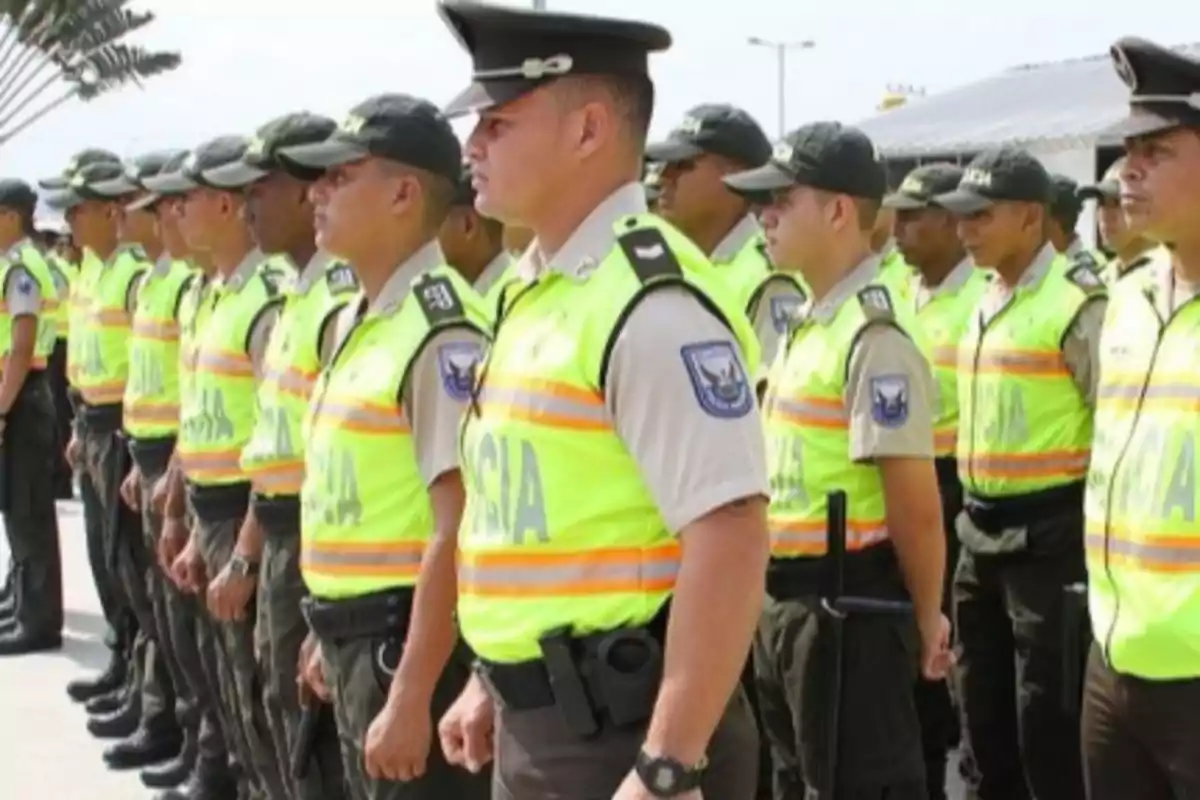
Luisa González's evasion made it clear she won't declare war on the mafias.
His responses showed ambiguity toward organized crime and prioritized attacks over proposals
During the thematic axis of crime and security in the presidential debate, Luisa González delivered a speech filled with accusations lacking technical support and contradictions that left more doubts than clear proposals. Her intervention focused more on personal attacks than on concrete solutions to the violence crisis in Ecuador.
Instead of detailing a coherent security plan, González centered her speech on discrediting the current government's work, repeatedly stating that "everything has worsened" under Daniel Noboa's administration. However, she did not acknowledge the progress in reducing homicides and extortions achieved in 2024, nor did she clearly explain how she would execute her promises of a tough stance and intelligence.
When questioned about her links to chats of the so-called "Liga Azul," González evaded responding directly to insinuations of pacts with mafias and money laundering. Instead, she resorted to unfounded accusations against Noboa, mentioning supposed unverified reports circulating on social media.
Meanwhile, President Noboa maintained his argumentative line with verifiable data. He mentioned the reduction of crimes in 2024, international cooperation with allied countries like the United States and Canada, and the implementation of technology in customs, container scanning, and drones to strengthen territorial control.
A vision that contrasted in substance and form

González's intervention included ambiguous proposals like "equipment" and "strengthening" of the Police, but without detailing budgets or concrete mechanisms. On the other hand, she criticized the hiring of foreign consultancy as a "humiliation" to the armed forces, while she herself requested assistance from the United States and the European Union.
Additionally, she refused to respond clearly about granting safe-conducts to Jorge Glas, simply stating that she would respect the Constitution, avoiding the core of the question about impunity. Noboa replied that these types of omissions are what strengthen organized crime.
The candidate also attempted to divert the discussion to personal issues, accusing Noboa of attacking women, a strategy aimed at victimizing herself and avoiding answering questions about her security plan. This tactic, lacking technical support, detracted from the seriousness of her intervention on a crucial issue for the country.
"We can't allow organized crime to continue having legal privileges over law-abiding citizens," Noboa stated as he closed his intervention, highlighting the need to reform the COIP and restore respect for law enforcement.
While Noboa proposed a clear line of action against drug trafficking with international support and institutional strengthening, González focused on defending figures like Jorge Glas and evading her political responsibility in the Correa era.
In a topic as delicate as security, Luisa González demonstrated a lack of clarity, coherence, and commitment. Her constant evasions and contradictions reflect an improvised vision that falls short of the country's urgent needs. In contrast, Noboa's proposal presented itself as a firm, technical alternative focused on results.
More posts: